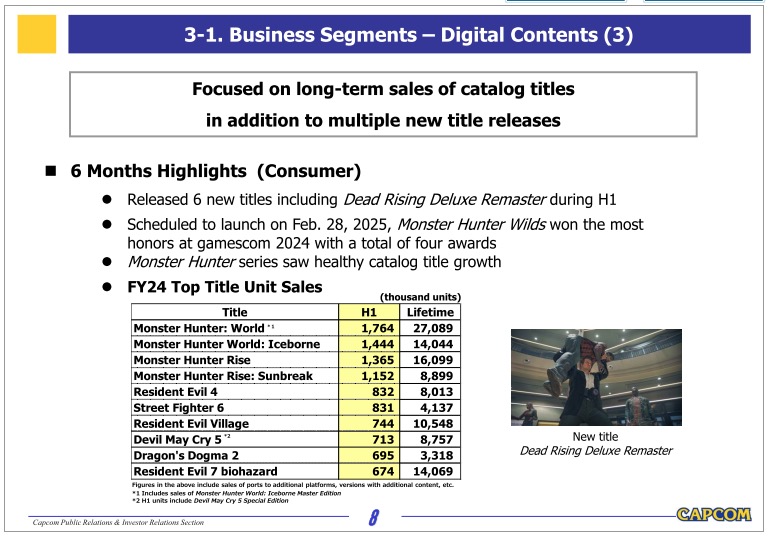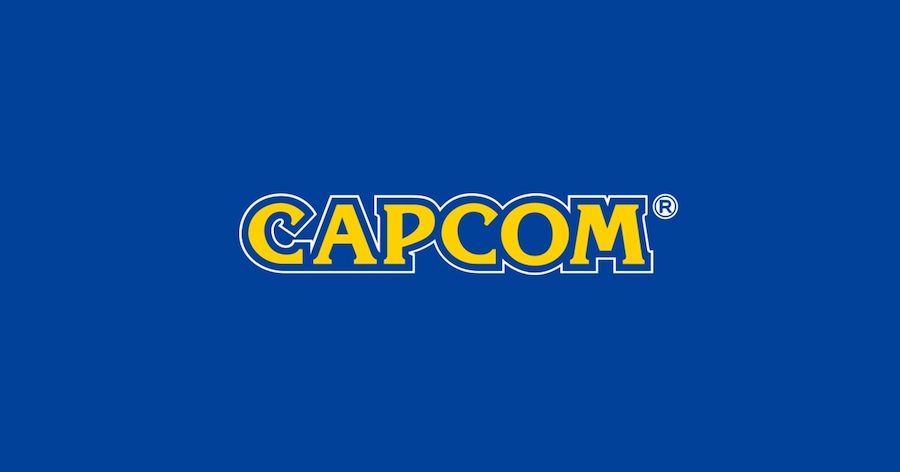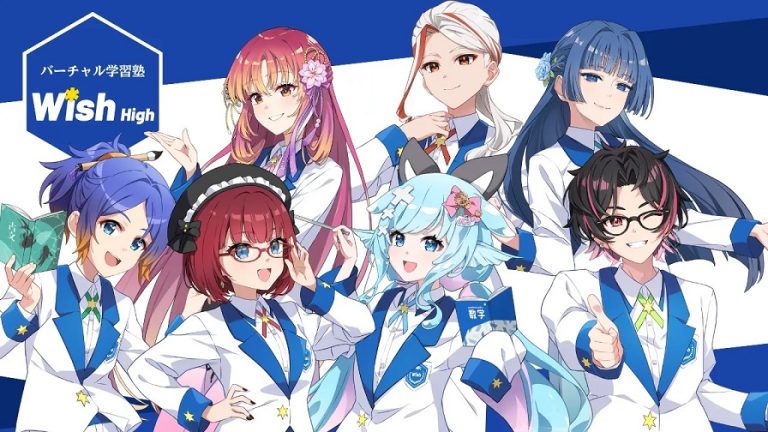In a recent Q&A with shareholders, Capcom revealed their long-term strategy for recouping development costs and making a profit from games. This answer was given in relation to the performance of Dragon’s Dogma 2 and Kunitsu-Gami: Path of the Goddess, the latter of which failed to meet initial sales targets despite receiving good reviews.
Although the current trend is for big, expensive pre-launch promotions that aim to sell large numbers of a game before and just after release, Capcom has a more careful approach.

Capcom explained that they spend money on promotions for a game based on the title’s expected sales- aiming for gradual sales over a long period of time. Apparently, they usually recoup a game’s development costs in about a year and a half after launch. After that, they expect a profit margin of 80 to 90% on a game, even if they reduce the retail price. Basically, Capcom relies on long-term sales more than immediate post-launch figures. The slide below from Capcom’s presentation for the second quarter of the 2024 fiscal year shows how Capcom games are gradually amassing lifetime sales over time.

This long-term Capcom strategy can be seen with titles like 2006’s Okami. The unusual ink painting game was critically acclaimed upon its release, and over time would become a classic of the PlayStation 2 era. It remains playable and purchasable on modern consoles today, going on to sell an additional 2.50 million units when it was re-released as Okami HD for PS4, Xbox One and Switch (source: Capcom IR). It will be interesting to see if Kunitsu-Gami: Path of the Goddess, another critically acclaimed yet “niche” title inspired by Japanese folklore, also goes on to attain a cult classic status, despite not reaching its initial sales targets.





